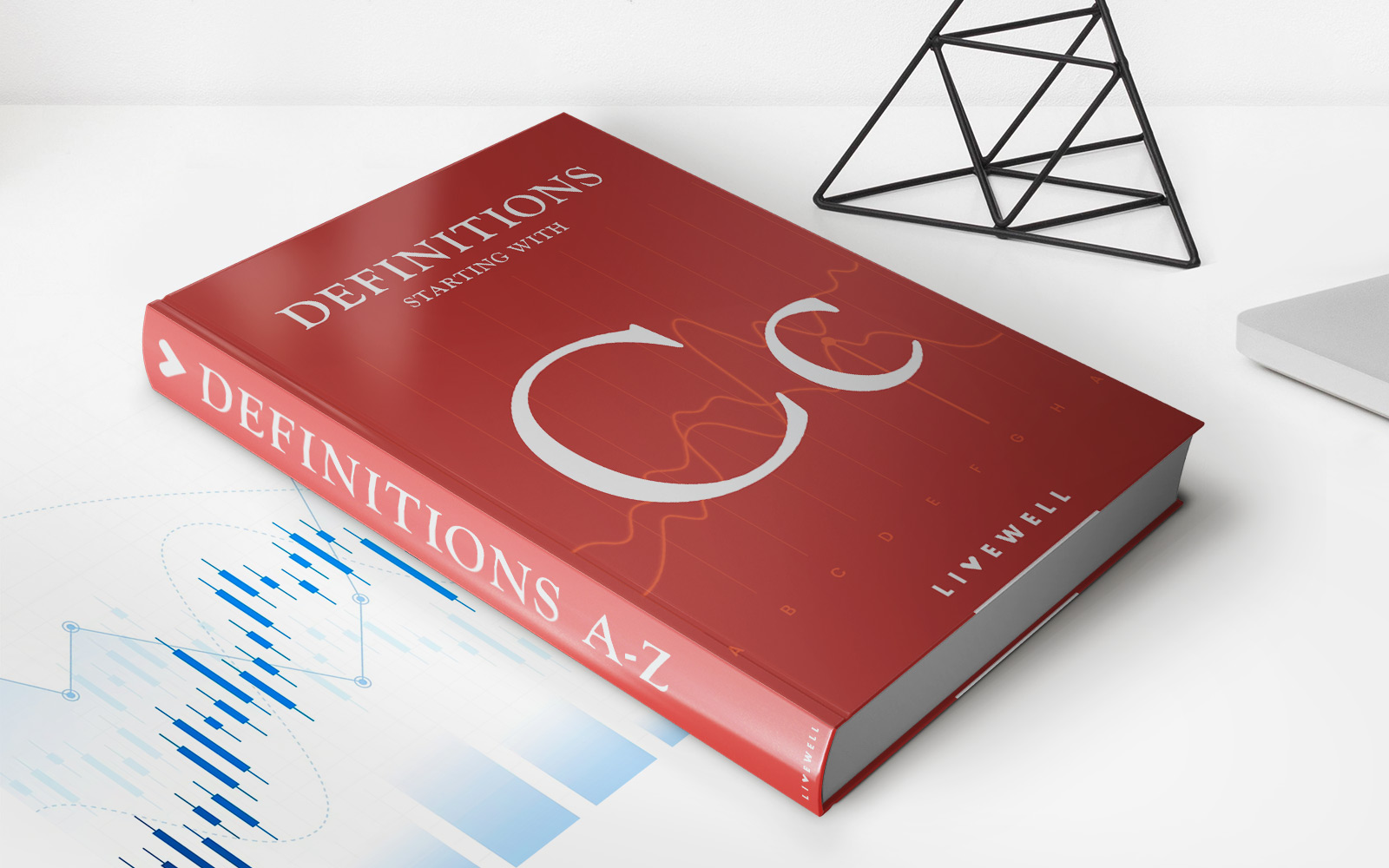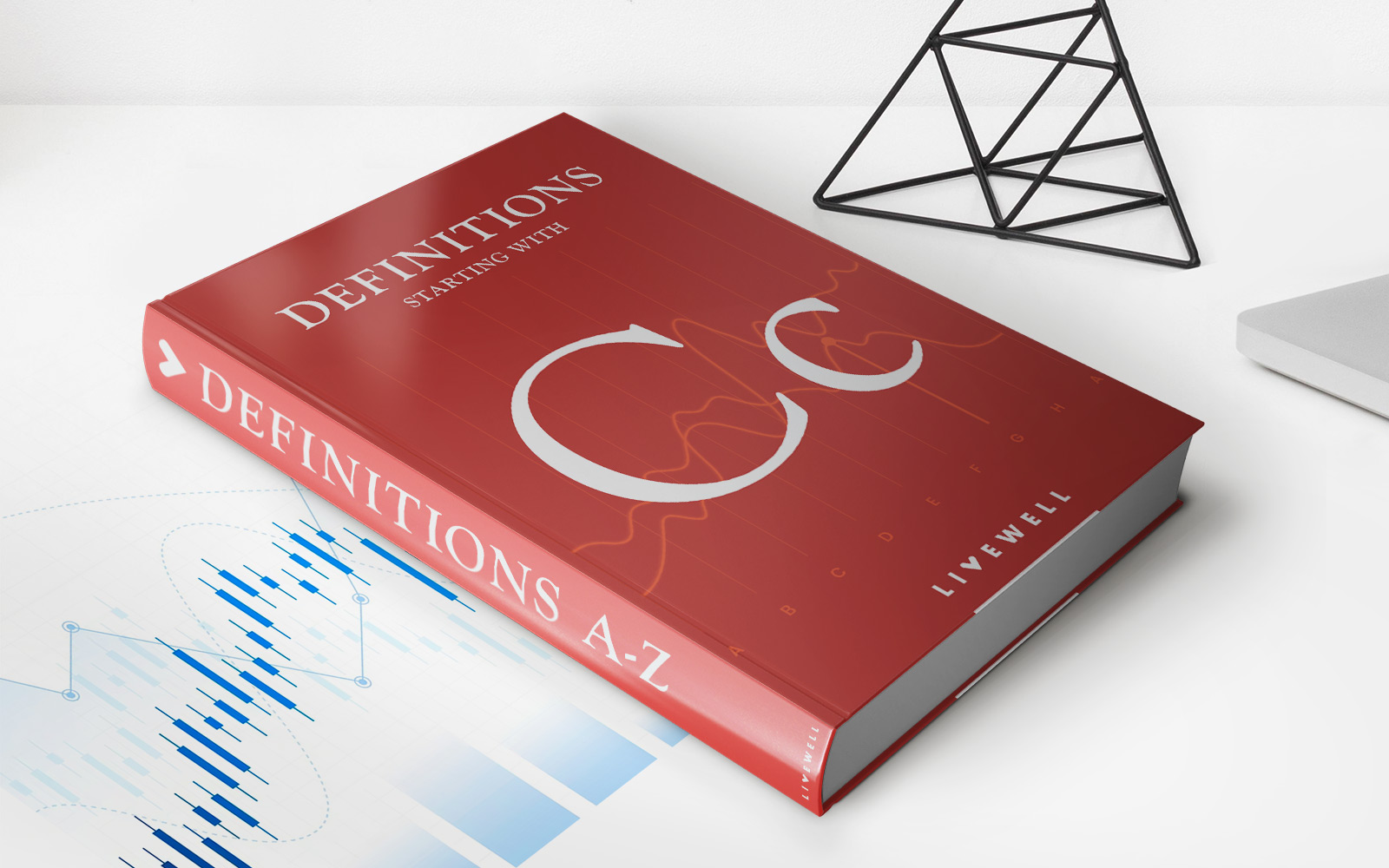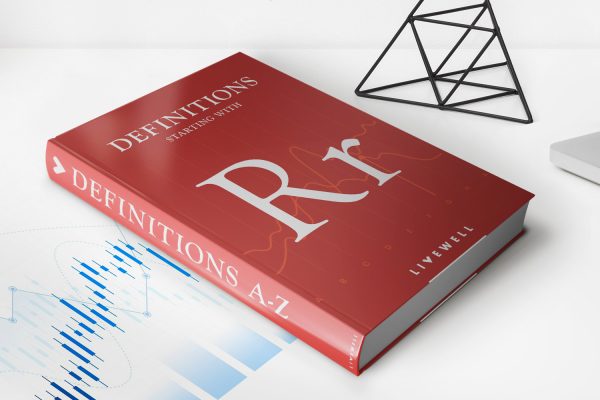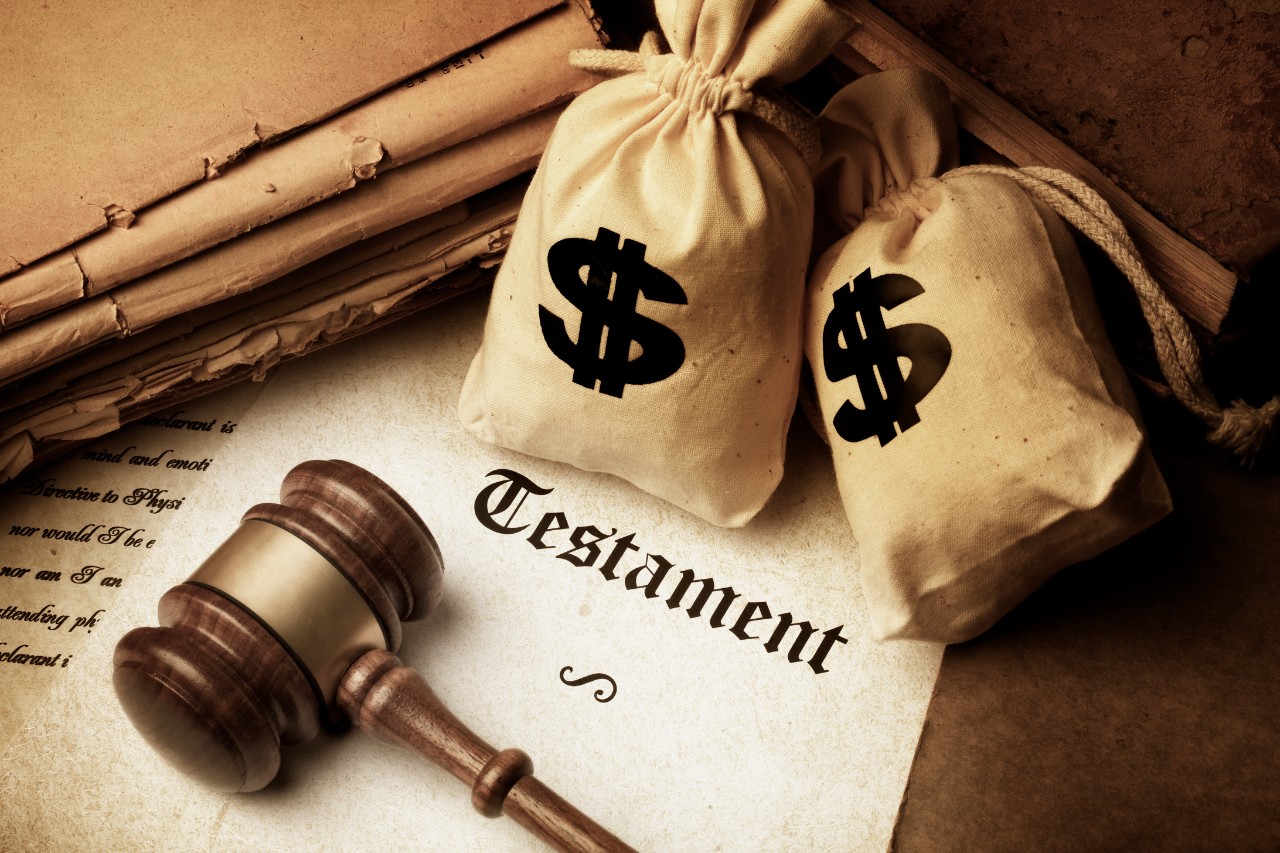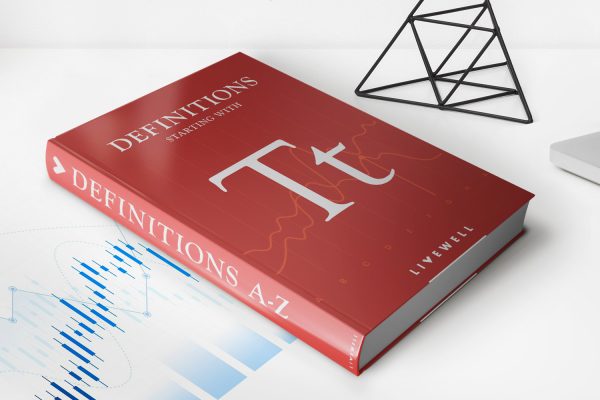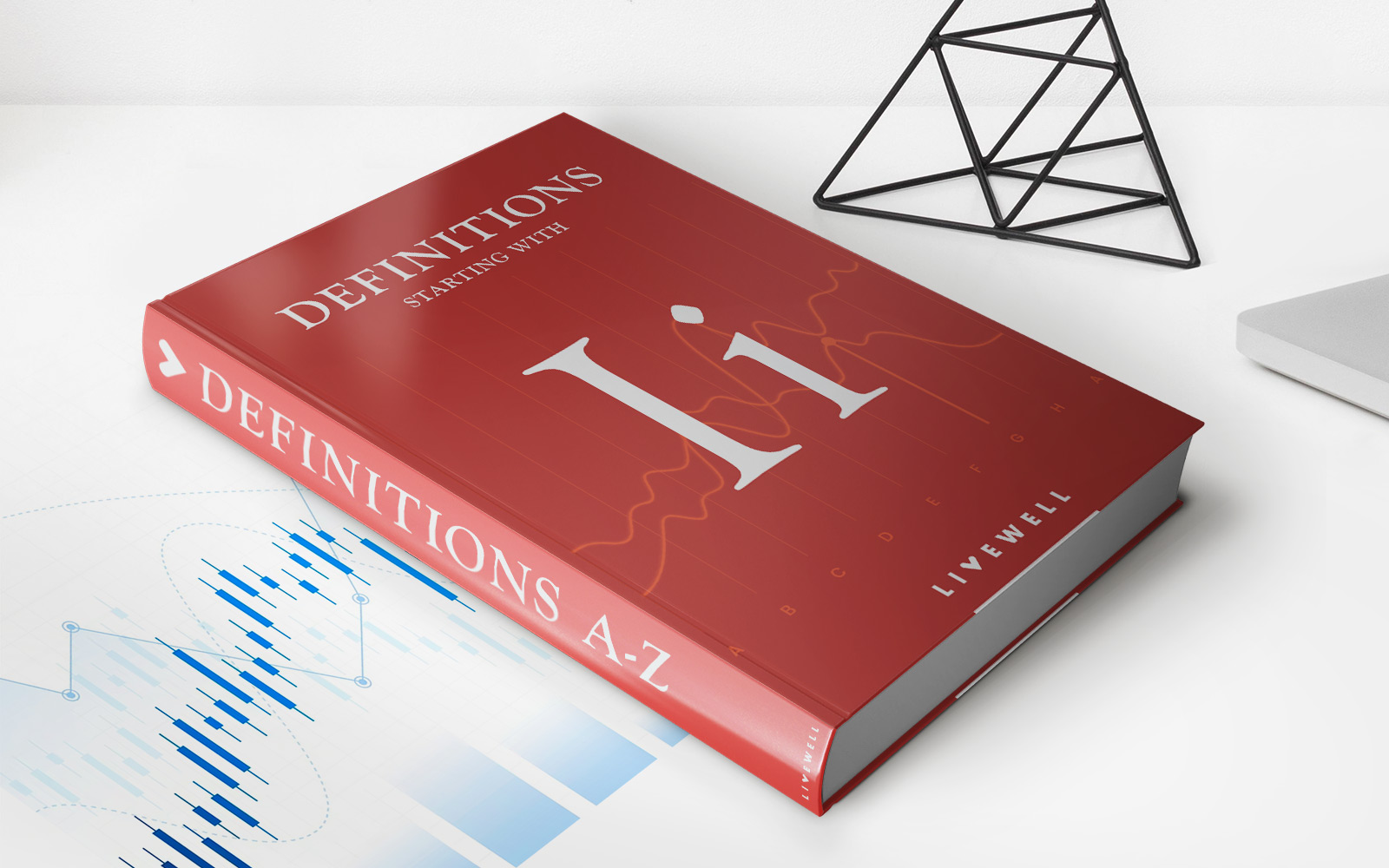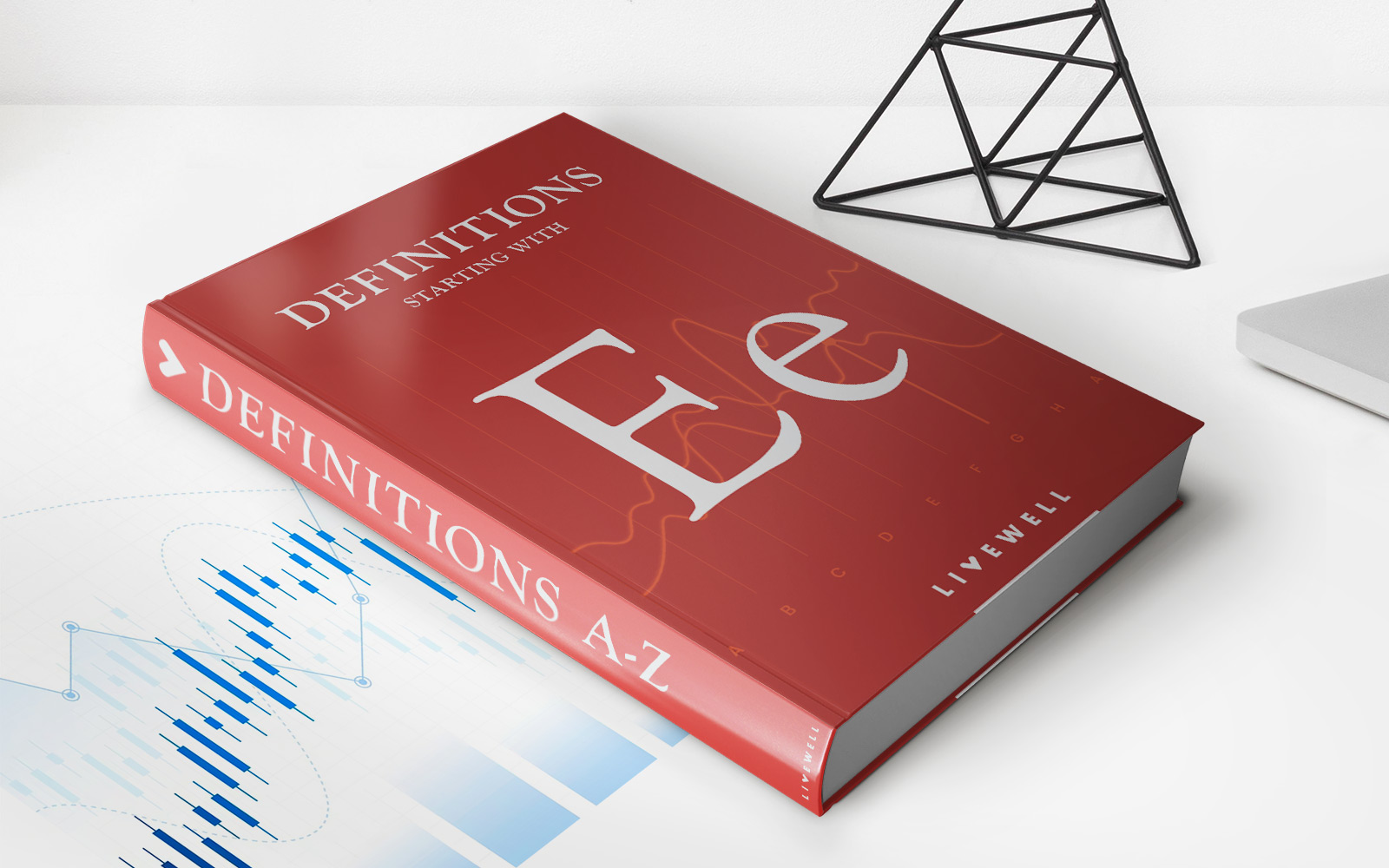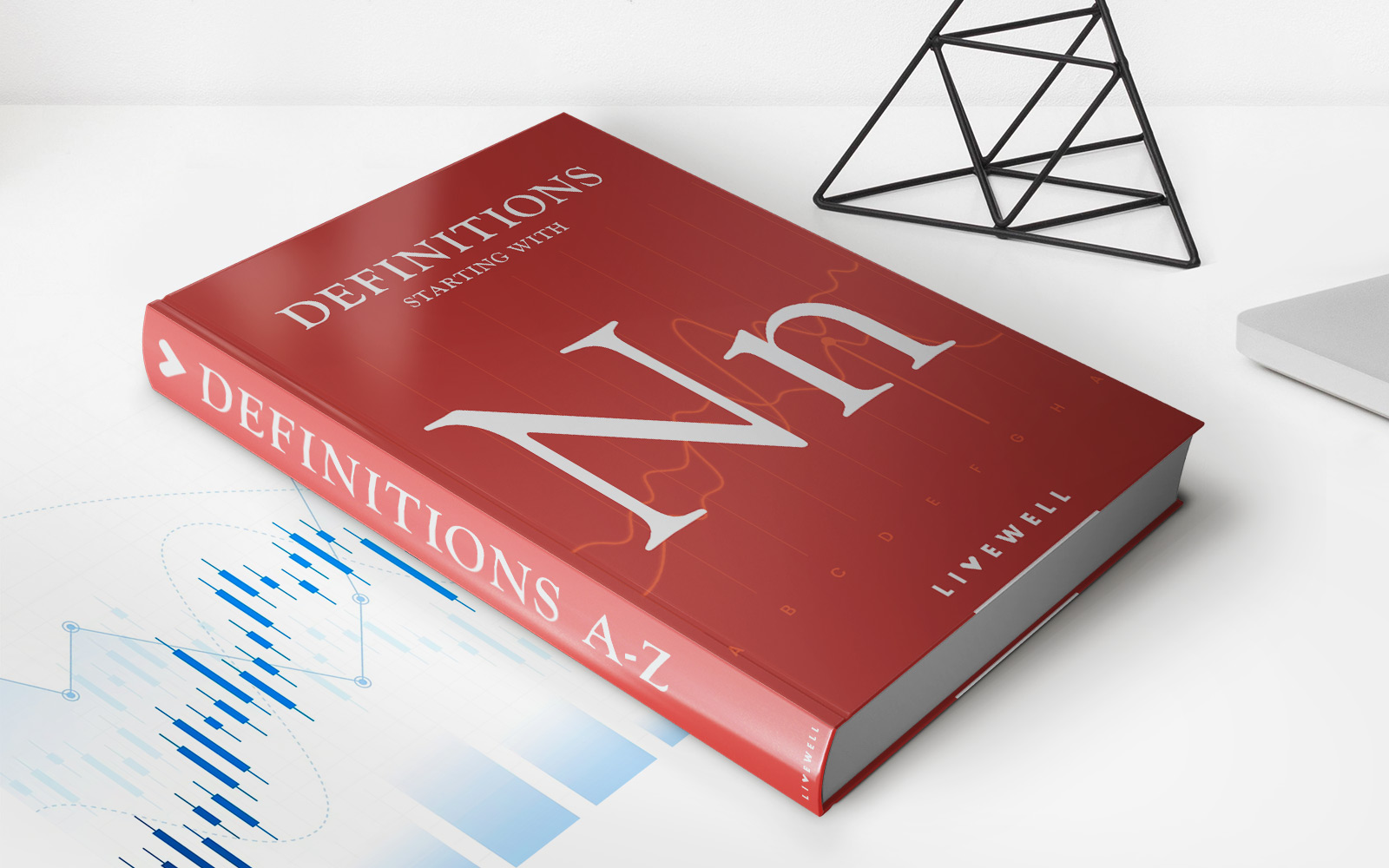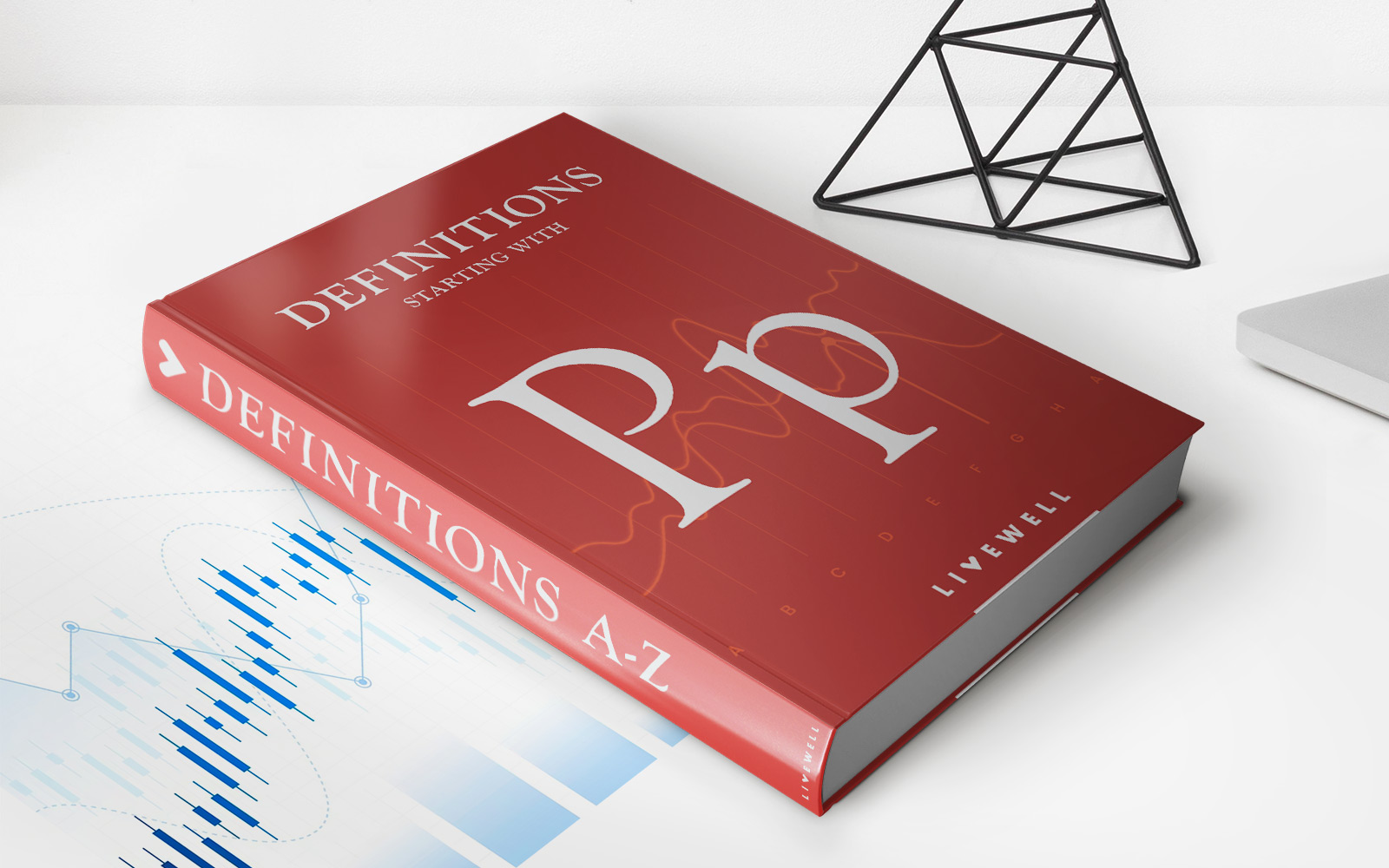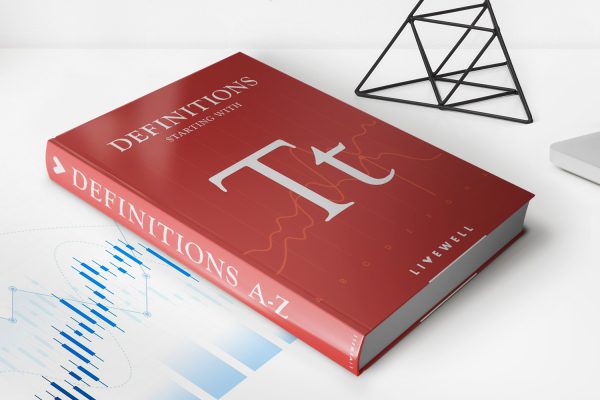
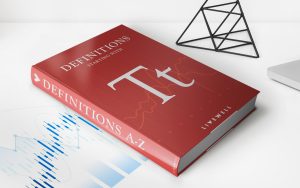
Finance
Tax Court Definition
Published: February 6, 2024
Learn the definition of Tax Court and its impact on finance. Explore key insights and rulings in this specialized court for tax-related matters.
(Many of the links in this article redirect to a specific reviewed product. Your purchase of these products through affiliate links helps to generate commission for LiveWell, at no extra cost. Learn more)
A Closer Look at Tax Court: What You Need to Know
When it comes to the world of finance, tax court is a term that often pops up. But what exactly is tax court, and how does it work? In this article, we’ll dive deep into the world of tax court and provide you with a comprehensive understanding of this vital aspect of the legal system.
Key Takeaways:
- Tax court is a specialized court that handles cases related to tax laws and disputes between taxpayers and tax authorities.
- Taxpayers can go to tax court to contest their tax liability, challenge an audit, or seek relief from penalties and interest imposed by tax authorities.
At its core, tax court is a specialized court that deals specifically with tax-related matters. It serves as a forum for taxpayers to resolve disputes with tax authorities, such as the Internal Revenue Service (IRS). Tax court operates separately from regular federal or state courts, allowing for a swift and unbiased consideration of tax-related issues.
How Does Tax Court Work?
Tax court proceedings follow a unique set of rules and procedures. When a taxpayer receives a notice from the tax authorities disputing their tax liability or challenging an audit, they have the option to take their case to tax court. Once the case is filed, it is assigned to a tax court judge who will preside over the proceedings. The taxpayer and the tax authorities present their arguments, evidence, and witnesses to support their respective positions.
Unlike traditional courts, tax court does not require the taxpayer to pay the disputed tax before the case can be heard. This provision ensures that taxpayers have access to an impartial court to resolve their tax disputes without causing financial hardship.
Why Go to Tax Court?
Taxpayers may choose to go to tax court for various reasons:
- Contesting tax liability: If a taxpayer believes that they have been assessed an incorrect amount of taxes, they can present their case in tax court to challenge the tax liability.
- Challenging an audit: Tax court provides a platform for taxpayers to dispute the findings of a tax audit conducted by the tax authorities. The court will review the evidence presented by both parties and make a determination.
- Seeking relief from penalties and interest: In certain cases, tax court can grant relief from penalties and interest imposed by tax authorities when deemed appropriate.
Closing Thoughts
Tax court plays a significant role in ensuring that taxpayers have a fair and objective avenue to address tax-related disputes. By understanding how tax court works and the reasons for going to tax court, taxpayers can navigate the complex world of taxes with greater confidence. Whether you need to challenge your tax liability, dispute an audit, or seek relief from penalties and interest, tax court offers a specialized platform to resolve these matters in a just and equitable manner.


